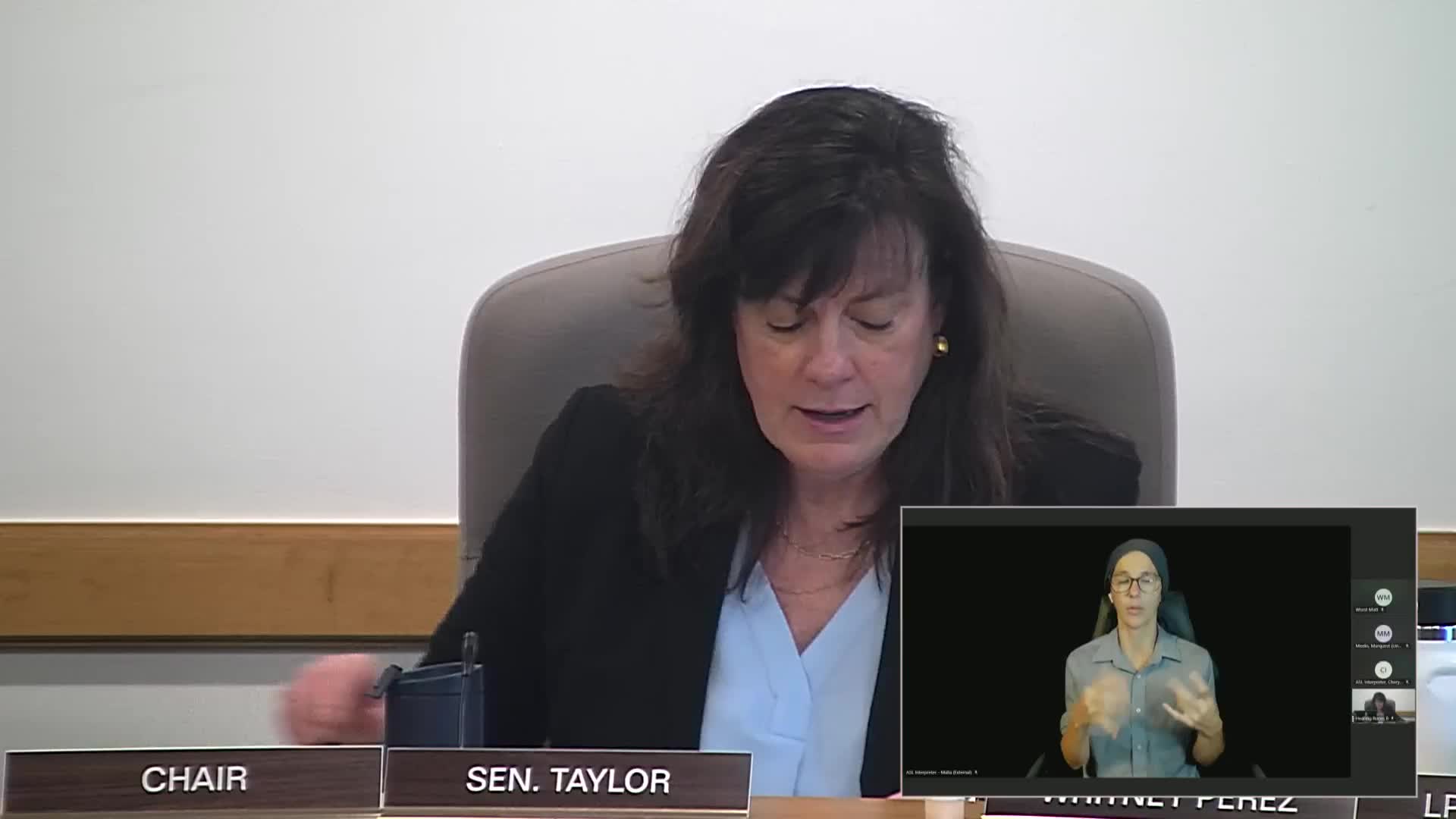Oregon panel hears plan to raise workers' compensation witness‑fee cap to $3,500 and index it
Get AI-powered insights, summaries, and transcripts
Subscribe
Summary
Senate Committee on Labor and Business members heard May 1 testimony on House Bill 2799 A, a proposal to raise the reimbursable‑cost cap for claimants who prevail in workers' compensation compensability disputes to $3,500 and to index that cap to Oregon’s average weekly wage.
The Senate Committee on Labor and Business held a public hearing May 1 on House Bill 2799 A, which would increase the cap on reimbursable witness fees, expenses and costs for claimants who prevail in workers' compensation compensability disputes from $1,500 to $3,500 and index that cap annually to the Oregon Employment Department's average weekly wage.
Representative Ricky Ruiz (House District 50) testified in support, calling the increase a "modest practical improvement" that prevents workers who prevail from being left to shoulder litigation costs for expert witnesses and medical records. Ruiz said House Bill 2799 was vetted by the Management Labor Advisory Committee (MLAC) and reflects a compromise among stakeholders.
Senator Chris Gorsek, who also supported the bill, described the cap as outdated and said indexing will prevent future erosion by inflation: "This cap hasn't changed in decades," he said. Jovanna Patrick of the Oregon Trial Lawyers Association (OTLA) testified that the measure is narrow in scope: the dash‑2 amendment limits the change to compensability disputes and preserves an extraordinary‑circumstances exception that allows higher awards when warranted. Patrick said the nature and cost of medical evidence has grown and that some hearings now require multiple specialists, which can exceed the current cap.
Ivo Trummer, government relations director for SAFE, told the committee the organization supported the dash‑2 amendment and had negotiated with OTLA. Committee staff said the bill came over from the House with 53 aye votes, one absent and six excused. Chair Taylor closed the public hearing and said a work session will be scheduled next Tuesday.
Proponents argued the change will improve access to justice and may reduce litigation because workers are more able to afford the evidence needed to prove a valid claim within the cap. Witnesses also noted the bill retains an "extraordinary circumstances" pathway for awards above the cap, and the dash‑2 narrows the bill's original coverage to focus on compensability disputes.
